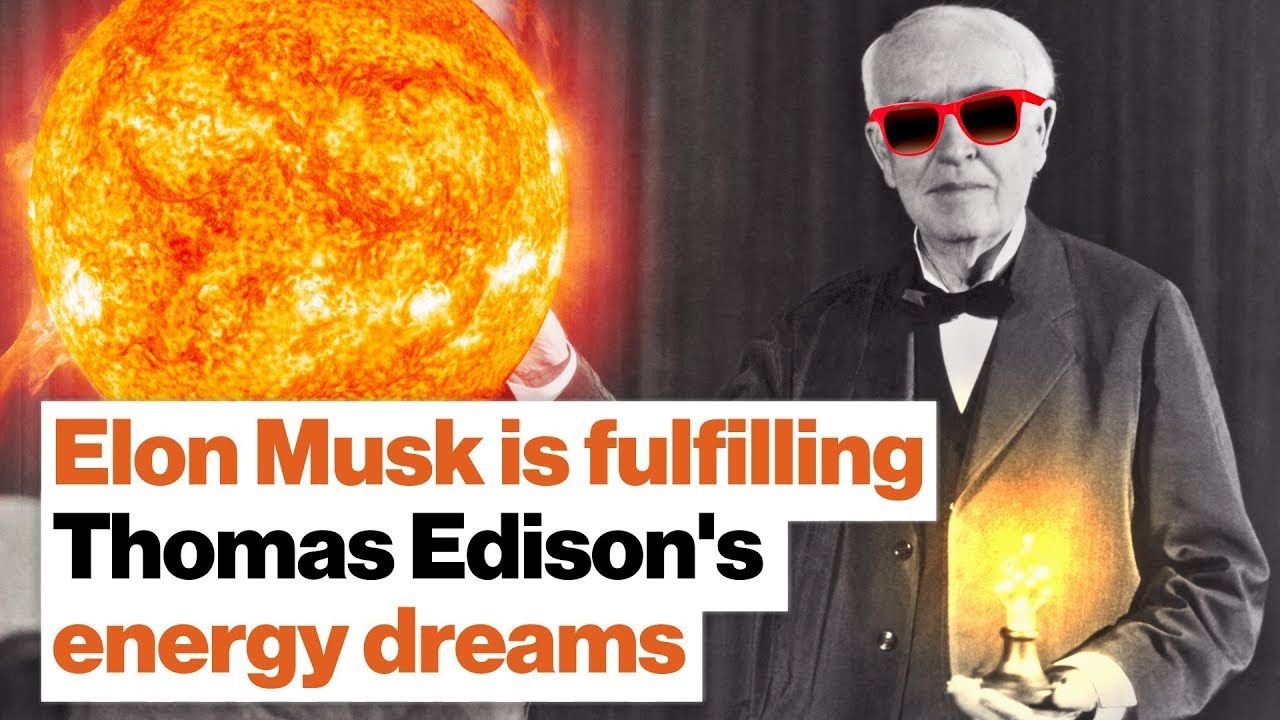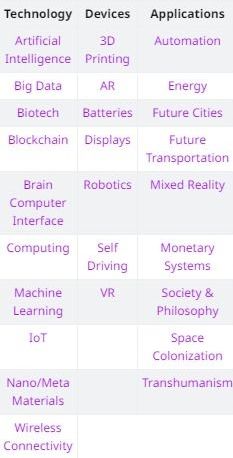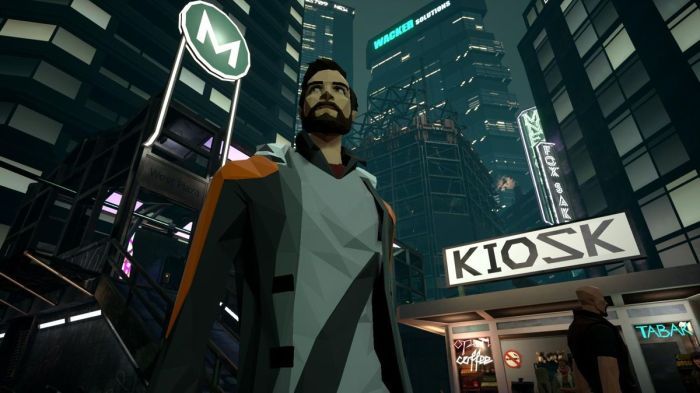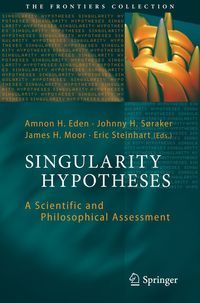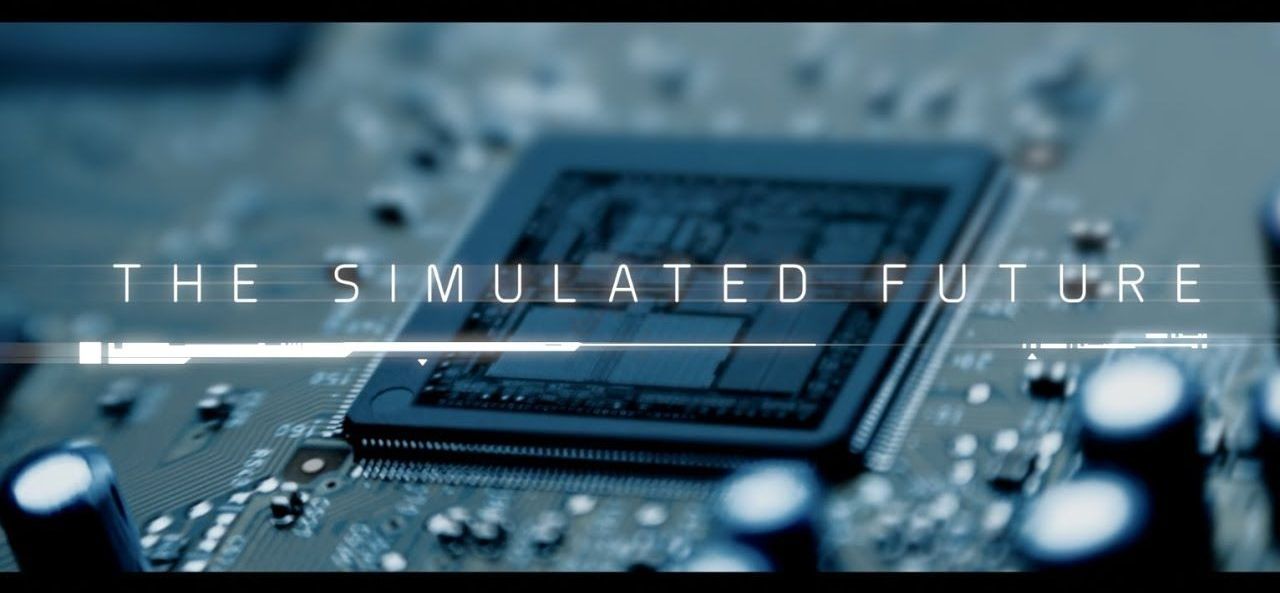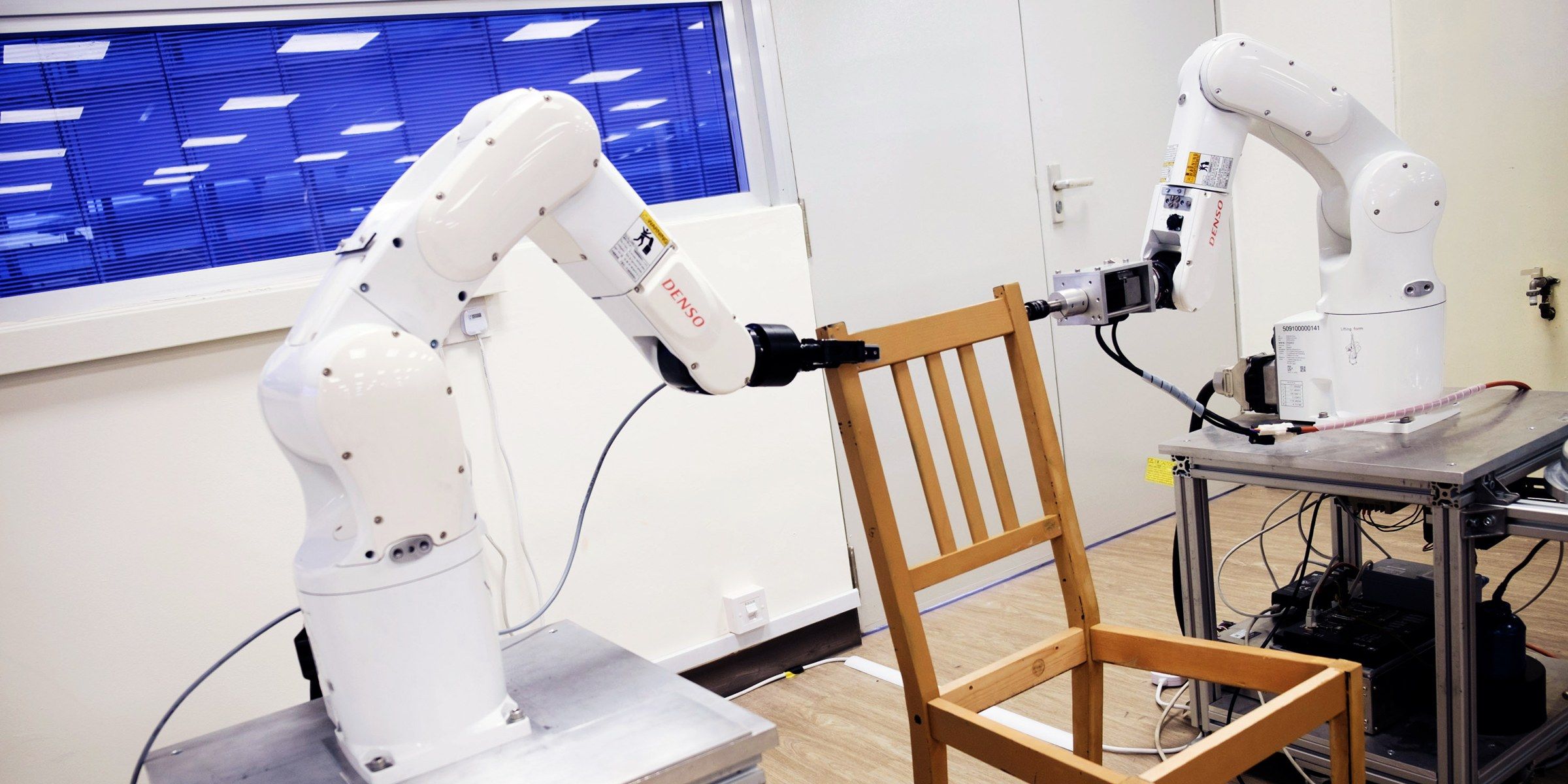Aug 4, 2018
Elon Musk is fulfilling Thomas Edison’s energy dreams | Michio Kaku
Posted by Sean Brazell in categories: Elon Musk, robotics/AI, singularity
I think we have finally entered the rapid exponential runaway phase of the technological Singularity. As we’ve already seen in the last year year-and-a-half, we are in an era of unprecedented chaos and innovation. The invention of multifidus AI is, of course, the driver of the singularity and as we move forward people like Musk will become ever more importance to the future of our species.
Having a president like Donald Trump can I think, be taken as just another symptom of this period of time. It might not seem like Donald Trump has anything to do with the singularity. He, PERSONALLY, doesn’t, really. But the methods of his madness are the salient data point here. His use of Twitter VERY quickly changed the way millions of people communicate. It changed how they view the world, and their place within it. They have fallen to theiir knees in hypocritically and ENTIRELY UNFORGIVEABLE SUBMISSION to the SICKLY malevolent STUPIDITY that is embodied in the orange, spoiled meat named Donald J Trump. The Right has finally drunk the Kool-Aid that they’ve been serving everyone else for years and found it to be most unpleasantly bitter. They have been bitten by the hand that feeds them.
